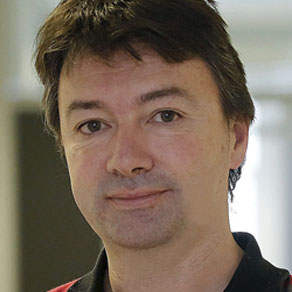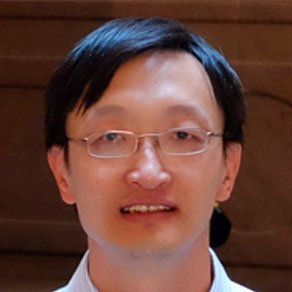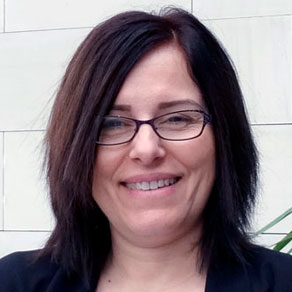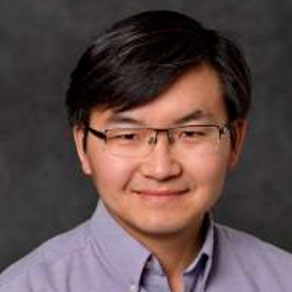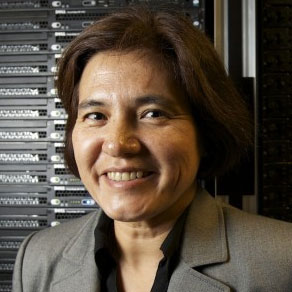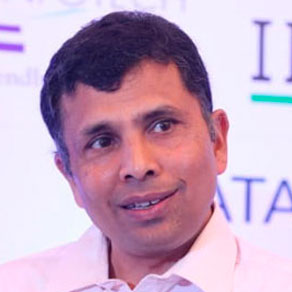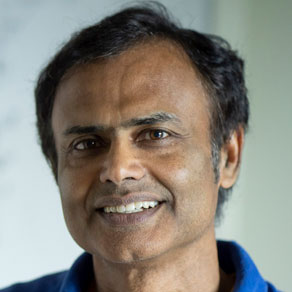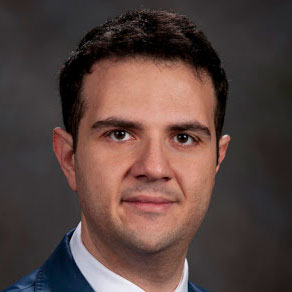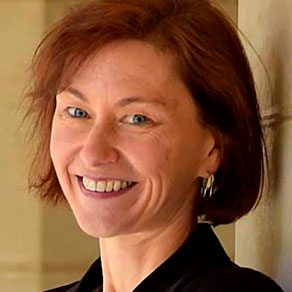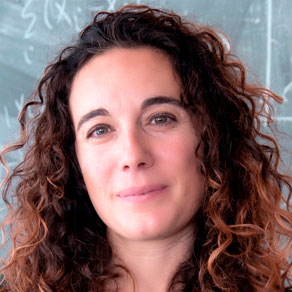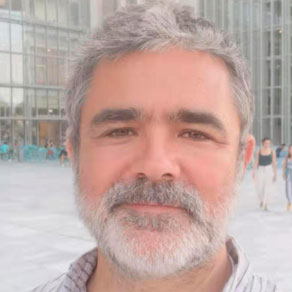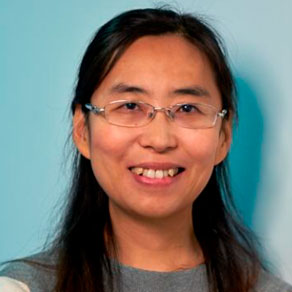
Bart ter Haar Romeny
[intermediate] NeuroMath – Explainable AI from First Principles
Summary
A relatively underestimated approach to explainable AI (XAI) is to exploit results from modern neuroscience. Developments in visual system research are just as spectacular as in AI. The brain, with 25 Watt and 6 KHz neurons, is many orders more energy-efficient than our GPU/TPU banks, and is studied at all scales. Here I aim to bridge the worlds of the biological and AI communities.
This tutorial consists of three parts: We start with neuro-mathematics, and present a ‘first principles’ approach to perceptual grouping (‘Gestalt’) as a model for deep learning. This will give us a solid geometric basis for the first layers in both CNN and vision. The second part gives a briefing on visual neuroscience: modern brain imaging techniques, the connectome and function of circuits in the retina and visual cortex, and the brain pathways for face recognition. We will exploit brain’s strategies to conserve energy. The third part focuses on applications, medical image analysis, GANs and explainable AI for face representation learning. For all topics discussed, interactive software is available for the participants.
Syllabus
a) Geometric models from first principles for deep learning
b) Learning from the brain: state-of-the-art in vision neuroscience
c) Bridging neuroscience and deep learning: applications, face representation
References
- ter Haar Romeny, B.M., Introduction to Artificial Intelligence in Medicine, in: Artificial Intelligence in Medicine, (N. Lidströmer and H. Ashrafian, Eds.), Springer-Nature, 2022. ISBN 978-3-030-64572-4.
- ter Haar Romeny, B.M. ed., Geometry-driven diffusion in computer vision. Vol. 1. Springer Science & Business Media, 2013. ISBN 978-0-7923-3087-5.
- ter Haar Romeny, B. M., Bekkers, E. J., Zhang, J., Abbasi-Sureshjani, S., Huang, F., Duits, R. et al., Brain-inspired algorithms for retinal image analysis. Machine Vision and Applications, 27(8), 1117-1135, 2016.
- ter Haar Romeny, B. M., A geometric model for the functional circuits of the visual front-end. International Workshop on Brain-Inspired Computing. Lecture Notes in Computer Science, vol. 8603, pp 35-50. Springer, Cham, 2013.
- Vidal, R., Ma, Y. and Sastry, S.S., Generalized principal component analysis (Vol. 5). New York: Springer, 2016.
Pre-requisites
Basic knowledge of Deep Learning applied to computer vision. Basic knowledge of linear algebra and calculus.
Short bio
https://scholar.google.com/citations?user=SAhuln0AAAAJ&hl=en
https://www.linkedin.com/in/bartterhaarromeny/
Prof. Bart M. ter Haar Romeny (1952) is emeritus professor in Biomedical Image Analysis at Eindhoven University of Technology in the Netherlands. He obtained his MSc in Applied Physics from Delft University of Technology and PhD from Utrecht University.
He worked his whole career on biologically inspired medical image analysis algorithms, especially for computer-aided diagnosis (cancer, heart, brain, diabetes), image guided neurosurgery and visualization of brain connectivity from MRI diffusion tensor imaging. The focus is on multi-scale geometric modeling. He founded the SSVM (Scale-Space and Variational Methods) conference series, and led the RetinaCheck project, a large international AI-based retinal image screening program for diabetes. He published over 250 papers, 12 books and book chapters, and 3 patents. He is a frequent keynote speaker and awarded teacher.
He is President of the Dutch Society for Pattern Recognition and Image Processing and has been President of the Dutch Society for Biophysics & Biomedical Engineering and the Dutch Society of Clinical Physics. He is reviewer for many journals, conferences and science foundations, and organized many international Summer Schools. Prof. Romeny is IEEE EMBS Distinguished Lecturer, Senior Member of IEEE, Fellow of EAMBES, Governing Board member of IAPR, visiting professor at the Chinese Academy of Sciences, distinguished professor at Northeastern University, Shenyang-China, and Honorary Chair Professor at NTUST, Taiwan.

